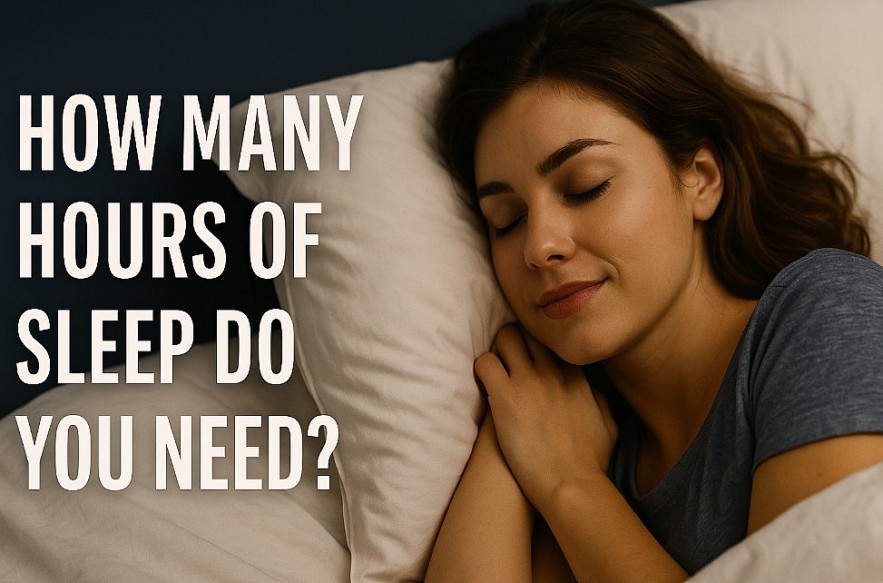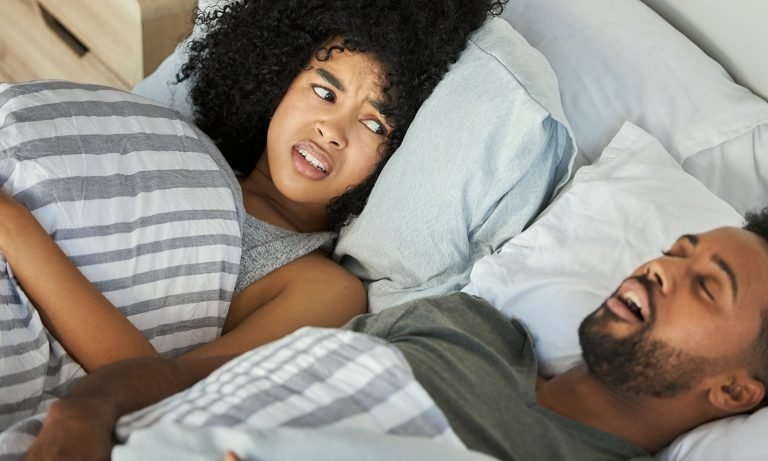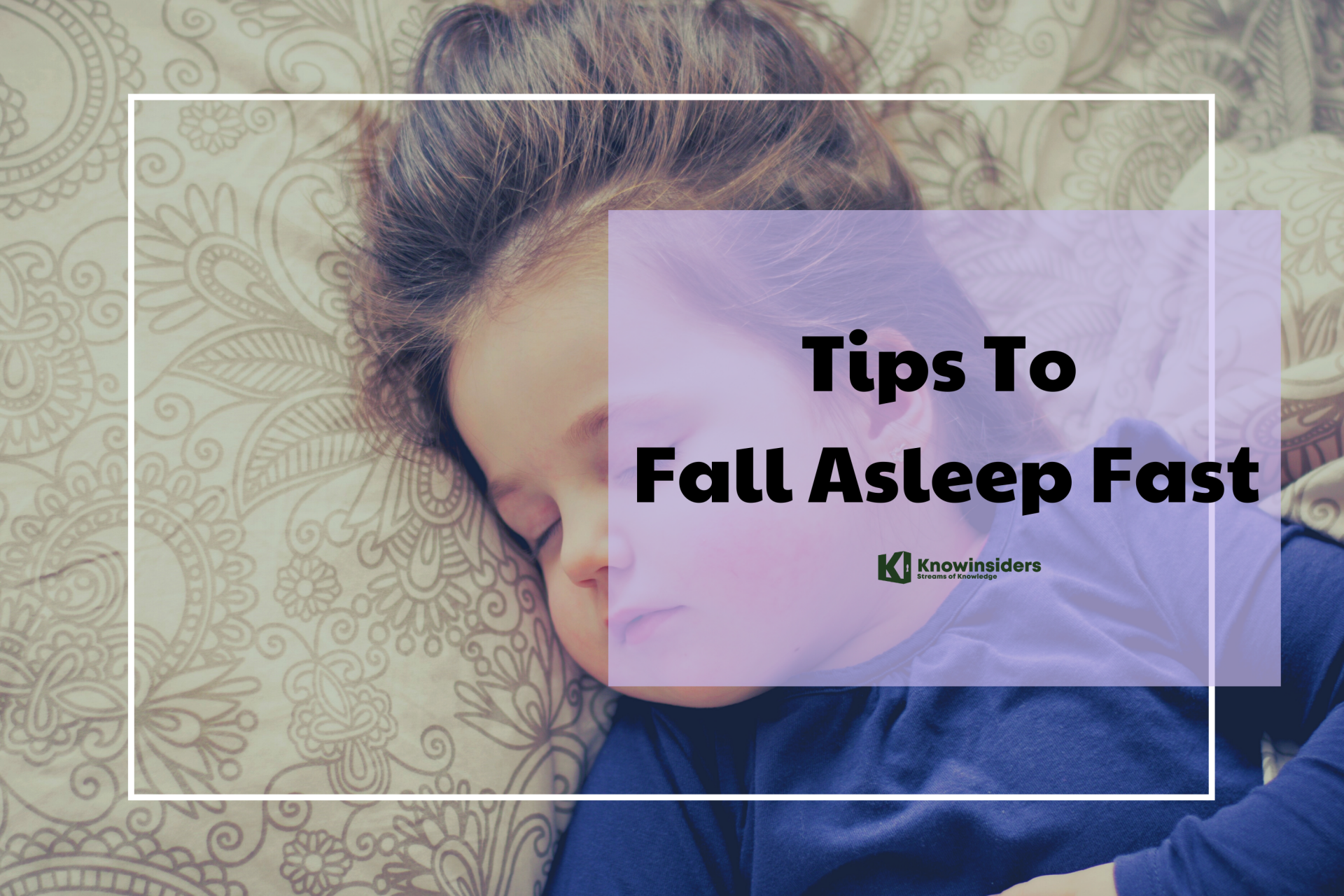How Many Hours of Sleep Do You Need? Science-Backed Guidelines by Age Group
 Why Do Horses Stand All Day, Never Lying Down Even While Sleeping? Why Do Horses Stand All Day, Never Lying Down Even While Sleeping? |
 Facts About Bird’s Sleep - Sleeping While Flying and One Eye Open Facts About Bird’s Sleep - Sleeping While Flying and One Eye Open |
Sleep is not a passive state; it is one of the most vital and dynamic processes our bodies experience daily. In a society driven by speed and productivity, many underestimate the power of quality rest. Yet, countless studies confirm that sleep is as essential to survival as food and water. The amount and quality of sleep you get each night directly impacts your immune system, cognitive ability, mental health, metabolic function, and even your lifespan.
So, how many hours of sleep do you actually need?
The answer is far from one-size-fits-all. This guide unpacks the science behind sleep, breaks down recommended hours by age group, and shares expert-backed strategies to improve sleep quality and enhance well-being.
 |
| How Many Hours of Sleep Do You Need |
Why Sleep Is Essential for Life
Sleep is a fundamental biological necessity. During sleep, your body heals itself, consolidates memories, balances hormones, flushes out toxins from the brain, and strengthens the immune system.
Deep and REM sleep cycles are especially crucial for:
-
Mood regulation
-
Learning and memory retention
-
Physical recovery
Chronic sleep deprivation can lead to:
-
Obesity
-
Heart disease
-
Type 2 diabetes
-
Depression and anxiety
How Much Sleep Do You Need by Age?
Sleep needs evolve with age. Based on the National Sleep Foundation and the American Academy of Sleep Medicine, here are the recommended daily sleep durations:
| Age Group | Recommended Sleep Duration |
|---|---|
| Newborns (0–3 months) | 14–17 hours per day |
| Infants (4–11 months) | 12–16 hours (including naps) |
| Toddlers (1–2 years) | 11–14 hours (including naps) |
| Preschoolers (3–5 years) | 10–13 hours |
| School Age (6–13 years) | 9–11 hours |
| Teenagers (14–17 years) | 8–10 hours |
| Young Adults (18–25) | 7–9 hours |
| Adults (26–64) | 7–9 hours |
| Older Adults (65+) | 7–8 hours |
Sleep and Development in Infants and Children
In early life stages, sleep is critical for brain development, learning, and physical growth. Growth hormone secretion occurs mainly during deep sleep.
To support better sleep for children:
-
Establish consistent routines
-
Avoid screens before bedtime
-
Create a calm and cool sleep environment
Adolescents and the Sleep Deficit Epidemic
Teens face a biological shift in their circadian rhythm, causing later sleep and wake times. However, early school schedules often cut into their needed rest.
Consequences of insufficient sleep for teens include:
-
Depression and mood swings
-
Poor academic performance
-
Higher risk-taking behavior
Solutions include:
-
Later school start times
-
Reducing evening screen use
Adults and the 7–9 Hour Rule
Most adults thrive on 7–9 hours of consistent, high-quality sleep. Sleeping under 6 hours increases health risks and cognitive decline.
Tips for better adult sleep:
-
Limit caffeine after noon
-
Maintain a fixed sleep schedule
-
Use wind-down routines such as reading or meditation
Seniors and Common Sleep Disruptions
Older adults may:
-
Wake more frequently at night
-
Have trouble staying asleep
-
Nap more during the day
Despite these shifts, they still need 7–8 hours of sleep.
Solutions include:
-
Light therapy
-
Cognitive Behavioral Therapy for Insomnia (CBT-I)
-
Avoiding excessive napping
Sleep Quality vs. Sleep Quantity
Not all sleep is restorative. High-quality sleep is:
-
Deep and uninterrupted
-
Includes complete REM and non-REM cycles
Factors that reduce sleep quality:
-
Sleep apnea
-
Chronic stress
-
Excessive light/noise
If you feel tired despite 8 hours of sleep, quality may be the issue.
The Dangers of Sleep Deprivation
Lack of sufficient sleep can lead to:
-
Memory problems
-
High blood pressure
-
Weakened immunity
-
Increased cortisol and weight gain
-
Emotional instability
-
Greater risk of accidents
Sleep debt cannot be "caught up" easily. Long-term consistency matters most.
Proven Tips for Better Sleep Hygiene
To improve your sleep quality, try the following:
-
Go to bed and wake up at the same time daily
-
Block out light and noise in your bedroom
-
Maintain a cool room temperature (60–67°F)
-
Avoid stimulants (caffeine, nicotine) in the evening
-
Wind down with calming activities
-
Use your bed only for sleep and intimacy
When to See a Sleep Specialist
Consult a doctor if you:
-
Take over 30 minutes to fall asleep regularly
-
Wake up frequently or very early
-
Feel tired during the day despite enough sleep
-
Snore loudly or gasp while sleeping
Common sleep disorders include:
-
Insomnia
-
Sleep apnea
-
Restless leg syndrome
-
Narcolepsy
Conclusion
Sleep is not optional. It’s essential for your mental, physical, and emotional health. Respecting your body’s natural sleep needs helps improve concentration, boosts immunity, reduces disease risk, and enhances daily well-being.
Regardless of your age or lifestyle, prioritizing sleep is one of the most powerful investments you can make for long-term health.
Start with small changes. Start tonight.
FAQs
Q: Can I catch up on sleep over the weekend?
A: Short-term recovery sleep can help, but it doesn’t reverse chronic sleep loss. Regular sleep patterns are more effective.
Q: What if I function well on 6 hours of sleep?
A: Some people do, but they are the exception. Most adults need 7–9 hours.
Q: Do naps count toward total sleep time?
A: Yes. Short naps can be helpful, but long naps may disrupt nighttime rest.
Q: Is waking up briefly during the night normal?
A: Yes, but frequent or prolonged awakenings may signal deeper issues.
Q: Does physical activity improve sleep?
A: Absolutely. Moderate daily exercise enhances sleep quality and duration.
 Thai Burglar Falls Asleep During a Robing, Police have to Wake him up Thai Burglar Falls Asleep During a Robing, Police have to Wake him up Perhaps nothing is more hilarious when a burglar in Thailand got too comfortable at a house he had broken into and fell asleep. Unfortunately, the ... |
 How To Stop Snoring: Home Treatment and Doctor's Advice How To Stop Snoring: Home Treatment and Doctor's Advice Snoring can be irritating to loved ones trying to catch some ZZZs. But it can also be a sign of a potentially serious condition. Keep ... |
 Tips to Fall Asleep Fast in 60s or 120s Tips to Fall Asleep Fast in 60s or 120s Do you find it hard to get to sleep at night? This article is just right for you. Read on to know how to fall ... |























